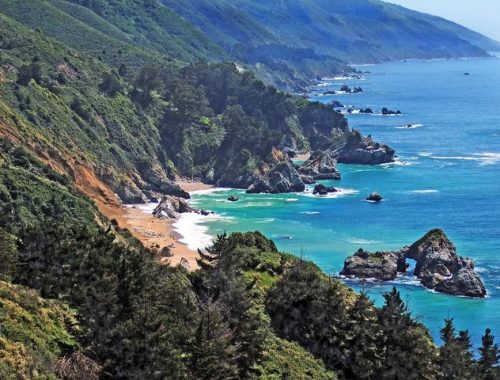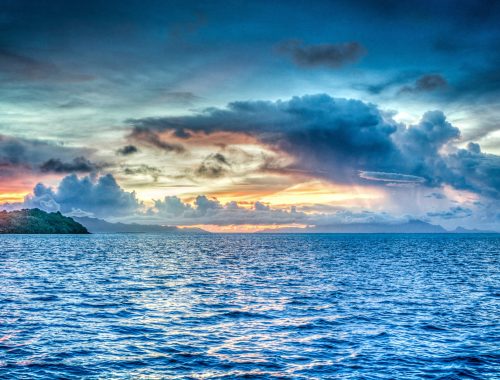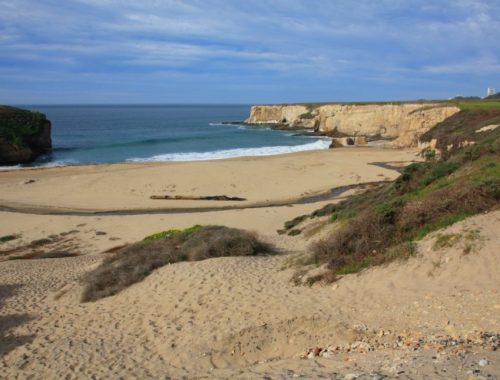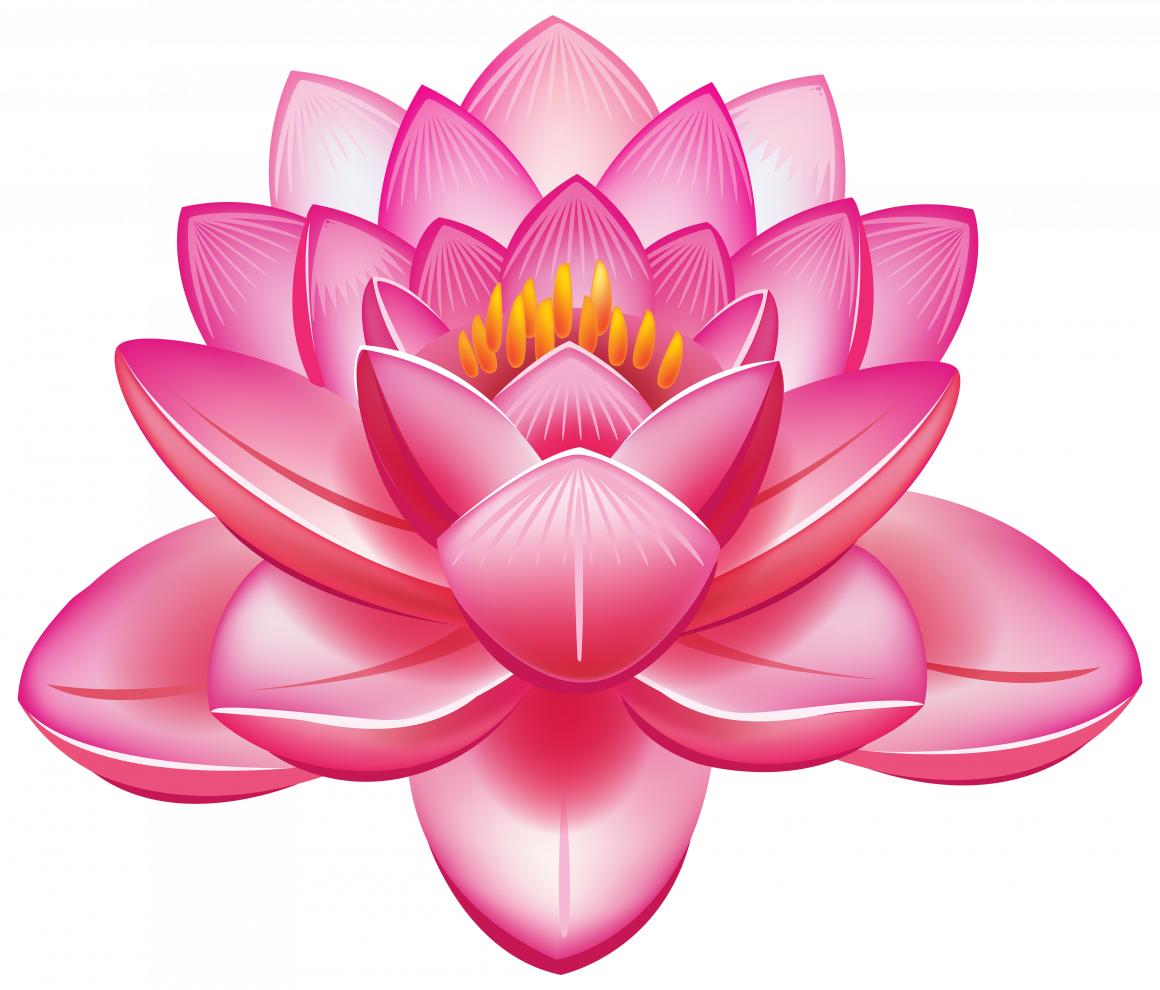
True Freedom
To be sure, true freedom in Buddhism means having a free and unrestrained state of life that no obstacle can destroy.
Nichiren Daishonin spread his teaching of universal enlightenment amid relentless persecutions by the ruling authorities of feudal Japan. Yet he said that the difficulties he and his disciples faced were to be looked on as “peaceful practices,”[3] as opportunities to establish an indomitable life state.
With this same spirit, the eternal mentors of Soka, Tsunesaburo Makiguchi, Josei Toda and Daisaku Ikeda, surmounted indescribable hardships in their endeavors to revive the spirit of Buddhism in modern times and spread the practice of chanting Nam-myoho-renge-kyo throughout the world.
While imprisoned by tyrannical authorities as a “thought criminal” during the war, Tsunesaburo Makiguchi wrote in a letter to his family, “Depending on one’s state of mind, even hell can be enjoyable.”[4]The Wisdom for Creating Happiness and Peace, part 2, p. 42.
And Josei Toda, who was jailed with his mentor, said that it was awakening in prison to his great mission as a Bodhisattva of the Earth that broke down the door of his lesser being.
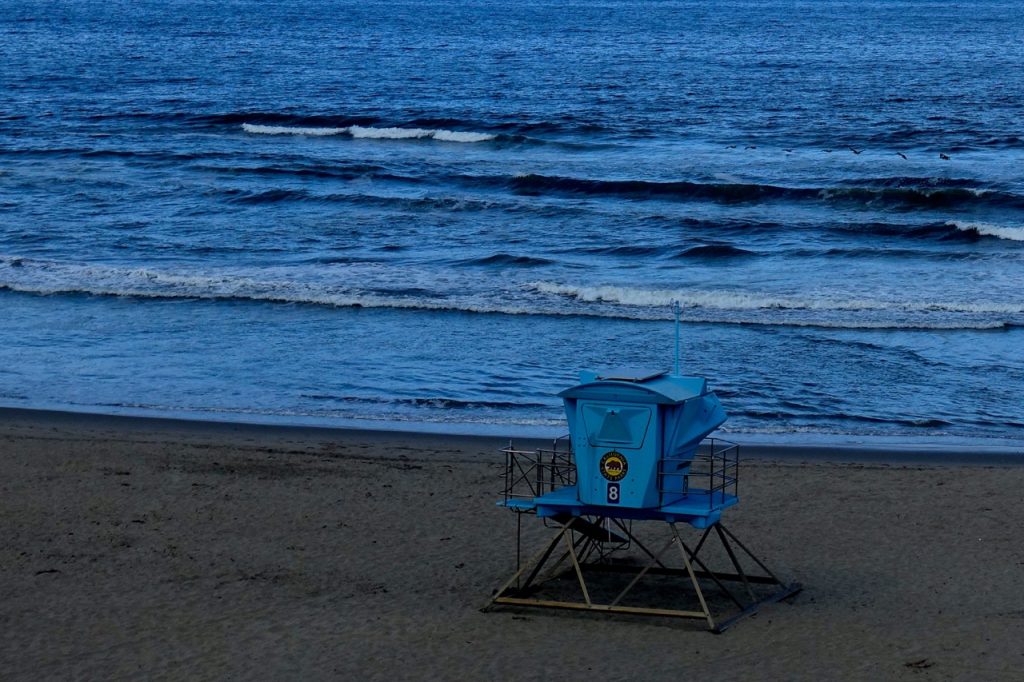
The “peace and comfort” each experienced arose from establishing unshakable conviction in the Mystic Law. Sensei explains:
“Peace and comfort” are not usually the words that come to mind when we encounter difficulties or suffering. Normally, we would think of peace and comfort as being found amid tranquil and secure circumstances. But that is not the source of true peace and comfort.
When we strive in Buddhist practice for the sake of the happiness of ourselves and others in the Latter Day of the Law, obstacles are certain to arise. True peace and comfort are attained by facing obstacles and challenging hardships head-on. Experiencing difficulties is proof that we are making great efforts to persevere in faith.
What I would like you to bear deeply in mind is that a state of absolute peace and comfort that no obstacle can destroy comes from establishing strong faith that can withstand any adversity.[5]
World Tribune “Redefining Our Limitations”
In an essay about the 23rd century, Sensei emphasizes the importance of keeping our eyes fixed on the future while focusing on making causes in the present:
What will the future be like? No one knows. All we know is that the effects that will appear in the future are all contained in the causes we make in the present. The important thing, therefore, is that we stand up with a lofty purpose in our hearts, unswayed by our short-term circumstances.[7]
When we look back at this time, will we say: “That was a waste of time” or “It was a challenging time, but I made so many causes that will definitely bear fruit.” Buddhism is not about waiting for the right circumstances; it is about creating them.
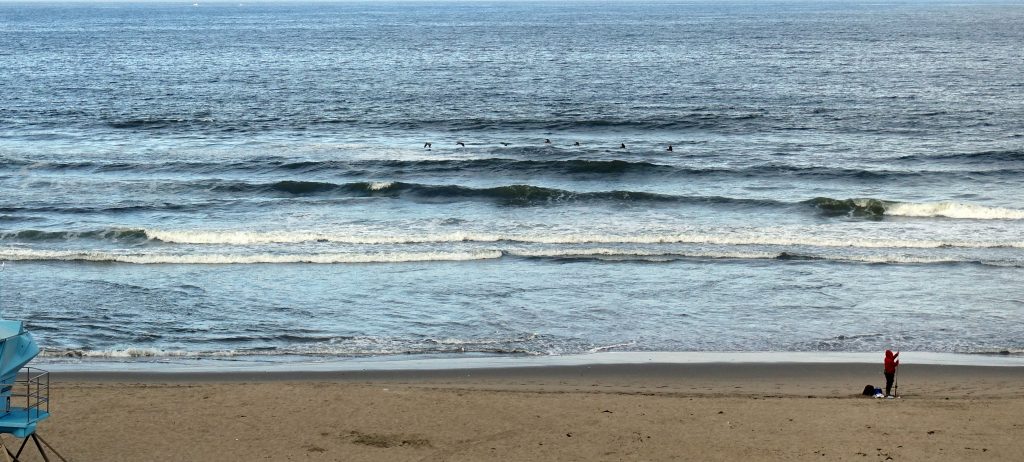
This Moment Will Never Come Again!
As a youth, while battling illness and struggling alongside his mentor to rebuild the Soka Gakkai, Sensei still took the time to listen to works like Beethoven’s Fifth Symphony on his record player, write poetry and even gaze at the moon. Speaking to another youth, he said: “No matter how busy we are, we need to relax and listen to music once in a while. Practicing Buddhism isn’t about cutting ourselves off from the rest of life. Kosen-rufu is ultimately a movement to create a truly humanistic culture and way of life.”[8]
When we are in the midst of struggles, it may seem difficult to find the space to enjoy our surroundings. But it is by living 100% in the present that we create a meaningful life. Sensei says:
Upon reflection, life is nothing more than the accumulation of each present moment. If you are unable to make today fulfilling, you won’t reap any positive results tomorrow. You can make the grandest long-term plans, but if you can’t treasure each moment, those plans will just end as empty pipe dreams. Past causes and future results are all encapsulated in the true aspect of all phenomena in the present moment, and a transformation in that single moment of life can both extinguish karmic impediments from the distant past and ensure good fortune that will continue into the eternal future.”[9]The Wisdom for Creating Happiness and Peace, part 2, p. 229.
In the “Great Mountain” chapter in the 30th and final volume of The New Human Revolution, Sensei writes that the future exists right now, and what we do in this moment determines our future: “A sutra says: ‘If you want to understand what results will be manifested in the future, look at the causes that exist in the present.’[10]“The Opening of the Eyes,” The Writings of Nichiren Daishonin, vol. 1, p. 279.
“‘It’s now or never! Don’t let this precious moment slip by!’ This was what Shin’ichi [Yamamoto][11]told himself.”[12]
Today will never come again—with the spirit to keep our gaze fixed on our goals and dreams toward 2030, no time is better than now to find deeper purpose in our problems and challenges. By squarely confronting them while making cause after cause for a brighter future, we can play an essential role in providing hope to others and lead lives of absolute freedom, happiness and peace.
—Prepared by the SGI-USA Study Department World Tribune “Redefining Our Limitations”


